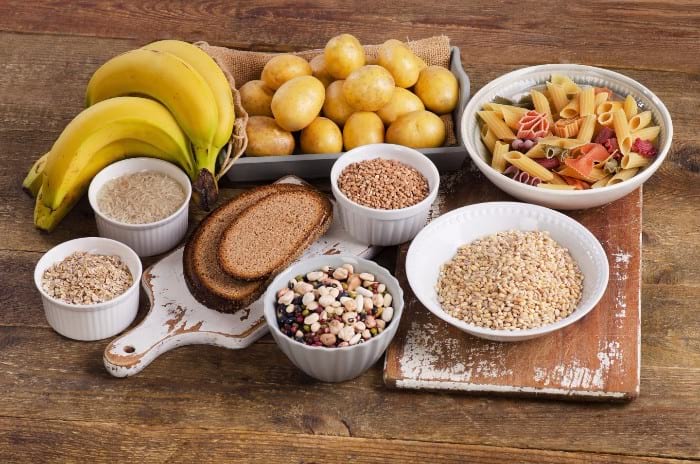Resistant Starch Foods That Actually Helps In Weight Loss
Carbohydrates have earned a bad reputation in the last couple of years due to diets like the Ketogenic or Keto diet. Starch, a type of carbohydrate,
However, a type of starch called, Resistant starch, as the name suggests is ‘resistant’ to the process of digestion. It functions like soluble fibre and is known to have powerful health benefits. It is not just beneficial, but an upcoming superfood of sorts.
The main reason why resistant starch works, is that it functions like soluble, fermentable
Health Benefits Of Resistant Starch
- Better Digestion
Resistant Starch may help alleviate irritable bowel syndrome, diverticulitis, constipation, and ulcerative colitis. RS adds bulk and water to the stool, aiding in regular bowel movements. SCFAs or short chain fatty acids are produced in the body after RS is fermented in the large
2. Weight Loss
In several animal studies, RS-enriched diets slashed total body fat by anywhere from 8% to 45%. One notable study in people found that those who got about 5% of their daily carbs from RS increased lipid metabolism, or fat burn, by 20% to 25%. RS has also been shown to lower post-meal spikes of insulin, a hormone that spurs the body to store fat instead of burning it.
3. Reduced Hunger
RS can help you feel full because of its fibrous nature, reducing the feeling of hunger and improving satiety. It can trigger the release of hormones that reduce the drive to eat. RS slows the number of nutrients released into the bloodstream, which keeps appetite stable.
4. Improved Immunity
We can’t break down RS, but our gut bacteria definitely can—in fact, they use it as fuel to thrive and reproduce. RS consumption actually increases the number of good bacteria in the colon, and research shows that a healthy, well-populated microbiome is essential for immune function and protecting against dangerous infections. (They may even affect how we think and feel.)
Sources Of Resistant Starch

The best way is probably to create the starch in your kitchen by transforming your highly digestible starches like pasta, rice, and potatoes into RS powerhouses. All you have to do is cook them and let them cool before serving, as the temperature change causes the some of the food’s highly digestible starch to convert into RS. Other sources include
- seeds or legumes
- unprocessed whole grains
- green bananas or unripe
plaintains - raw oats
- cooked and then cooled potatoes
Try these recipes to add legumes and green bananas to your meal.
